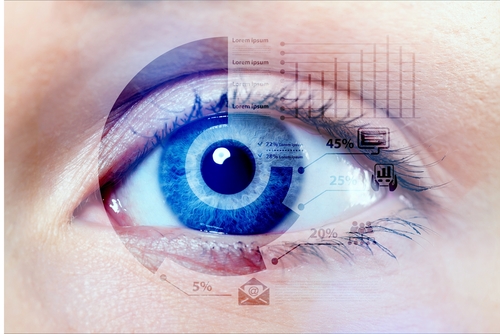Posted on: 03/30/17
Cataract Surgery Modern cataract surgery is a safe and common surgical procedure that can have a profound impact on your quality of life. If you’re interested in rediscovering your vision – and life – without cataracts, learn the facts first.
Modern cataract surgery is a safe and common surgical procedure that can have a profound impact on your quality of life. If you’re interested in rediscovering your vision – and life – without cataracts, learn the facts first.
What are Cataracts?
A popular misconception is that cataracts are a “film” over the eye, but cataracts affect the lens inside your eye, not the surface. The technical definition of a cataract is any loss or change in the transparency of your eye’s lens. Since most people, though, have small opacities in their eyes that don’t affect their vision, cataracts are better defined as when the eye tissue is no longer transparent enough to allow you to see normally.
Causes of Cataracts
Cataracts are generally age-associated, and nearly 50% of all people will have a cataract by the time they are eighty. There are several factors thought to contribute to the development of cataracts, including family history, medical problems like diabetes or alcoholism, smoking, and complications from previous eye surgery. Experts tend to agree that the sun’s UV rays play a role.
Do I Have Cataracts?
Have you noticed a gradual change in your vision? Symptoms like blurred vision, light sensitivity, poor night vision, a need for brighter light to read by, double vision in one eye and quickly changing eyeglass prescriptions are all symptoms of cataracts. You may not notice any of them, however, until they begin to have an impact on your daily life.
Can I Prevent Cataracts?
To date, there’s no proven prevention to keep you from developing cataracts. Most eye care practitioners agree that a healthy diet high in antioxidants may delay their formation. Probably the two best lifestyle habits to adopt to delay the onset of cataracts is protecting your eyes from all UV rays and not smoking. Smokers are three times more likely to develop significant cataracts over those who do not smoke.
How Cataracts Affect Your Lifestyle
Cataracts affect many daily activities that require clear and sharp vision, including driving, reading, facial recognition, sports, watching television and more. If your cataracts are making it difficult for you to participate in activities you enjoy, then it may be time for you and your doctor to discuss cataract surgery options.
Cataract Treatment and Surgery
There are no supplements or medications you can take to treat your cataracts. The only treatment is to surgically remove the lens from the eye. Cataract surgery is not limited to restoring your vision – it’s also about restoring your quality of life and health. As your vision declines over time, you may stop doing the things you once enjoyed, diminishing your ability to enjoy life in general. Cataract surgery may help reduce stress and anxiety and allow you to continue to do the things that you love.
Today, most cataract surgeries take less than 10 minutes per eye to perform. During surgery, your natural cloudy lens is replaced with a standard or premium intraocular lens (PIOL) implant. Which lens you receive is a decision made by both your and your surgeon. With PIOLs, you can usually achieve clear vision at far, near and intermediate distances, though you may still need glasses. Either way, the surgery results in clearer, sharper vision with or without glasses.
Learn More
Cataracts are no longer the devastating diagnosis of yesteryear. The clear majority of patients gain better vision and reduce or eliminate their need for glasses or contact lenses. Don’t let cataracts dim your view of life. To learn more about whether cataract surgery is the right choice for you, contact Dr. Cutarelli today!







